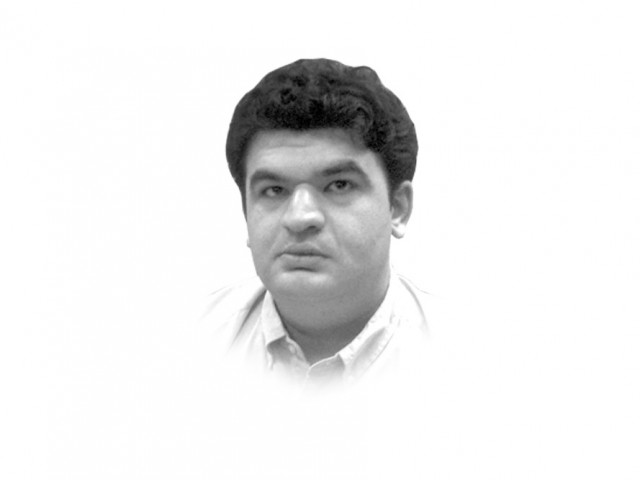In defence of nepotism
Nepotism is very unappealing but some groups will only be able to be represented because of their family name.

The writer is a freelance journalist based in Islamabad. He has previously worked at The Express Tribune and Newsline
Let’s start with a disclaimer: it is obviously true that in a true meritocracy, a person’s last name should hold no bearing on his or her qualification for office. We want everyone to aspire to represent this country in the corridors of power and having a handful of families dominate our politics is not an ideal.
As always, there is a ‘but’. Nepotism is very unappealing in both theory and practice but barriers to entry in politics are so high that there are some groups who will only be represented because of their family name. This has been the case with women, who tend only to get elected on general seats because of their ancestry or marriage. Here is a seeming contradiction. We should be a country where women have an equal opportunity to participate in politics but those who do get in only through decidedly non-feminist means. This can only be reconciled by seeing their nepotistic political career as a transitionary phase, where these women legislators use their family connections to craft laws that improve the lot of women as a whole in the country and possibly pave the way to their eventual political participation.

This is exactly what has happened in the current parliament, where women chosen on reserved seats who are in many cases the beneficiaries of nepotism, have been among the most outspoken and active legislators. In terms of bills proposed and questions asked, women parliamentarians have been the face of our democracy. At a time when the very idea of reserved seats is under attack, it is important to acknowledge not just the value of the seats themselves, but also of the products of political dynasties who fill these seats.
Then there is the unfortunate reality that our political parties have simply not had the time and space to grow. Frequent bouts of military rule, with its focus on depoliticisation, have simply not allowed for politicians to emerge who are both in touch with the grass roots and have the relationship with capital and patronage that is an unfortunate necessity to get elected. That void has been filled by those with family connections.
Of course, one has to acknowledge that these sons and daughters of privilege frequently abuse their power, have no taste for democratic accountability and often put their interests above those of their country. But this has been true of all our politicians, no matter who they descended from. It just seems more gauche when done by someone from a politically prominent family.
As we strive for a more perfect democracy, nepotism will have to be accepted, even if done so grudgingly. The alternative would be the kind of soulless technocrats so beloved by the military and bureaucrat class. Eventually, in a generation or two of uninterrupted democratic rule, a new cadre of politicians should have been created who are beholden to party and country, not family.
Published in The Express Tribune, December 28th, 2012.















COMMENTS
Comments are moderated and generally will be posted if they are on-topic and not abusive.
For more information, please see our Comments FAQ